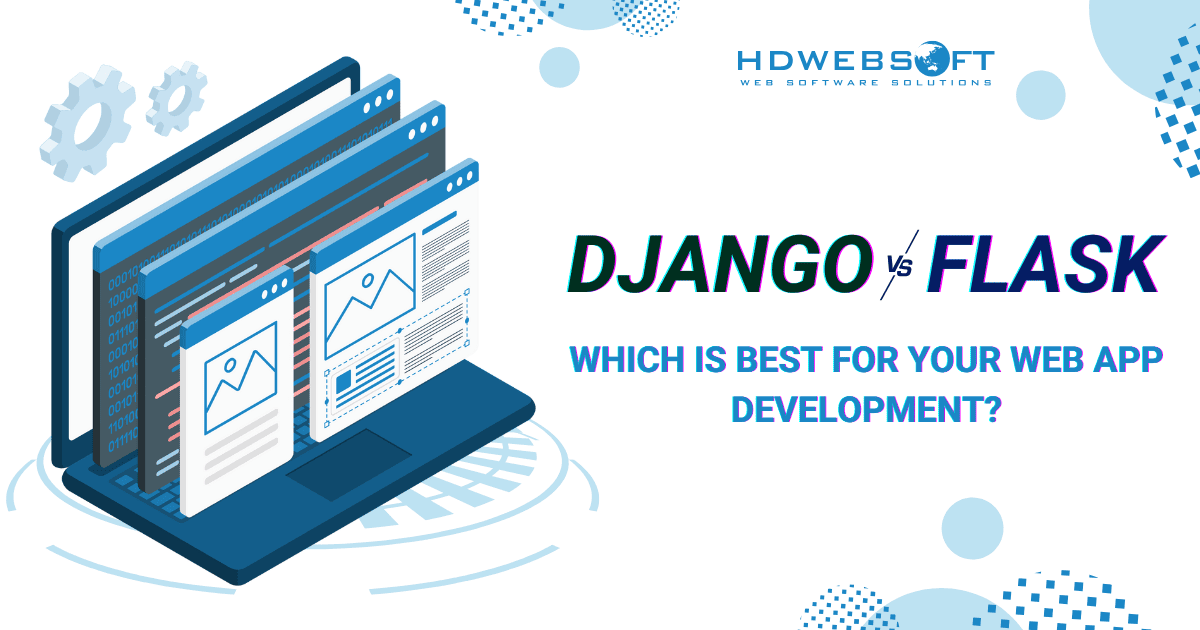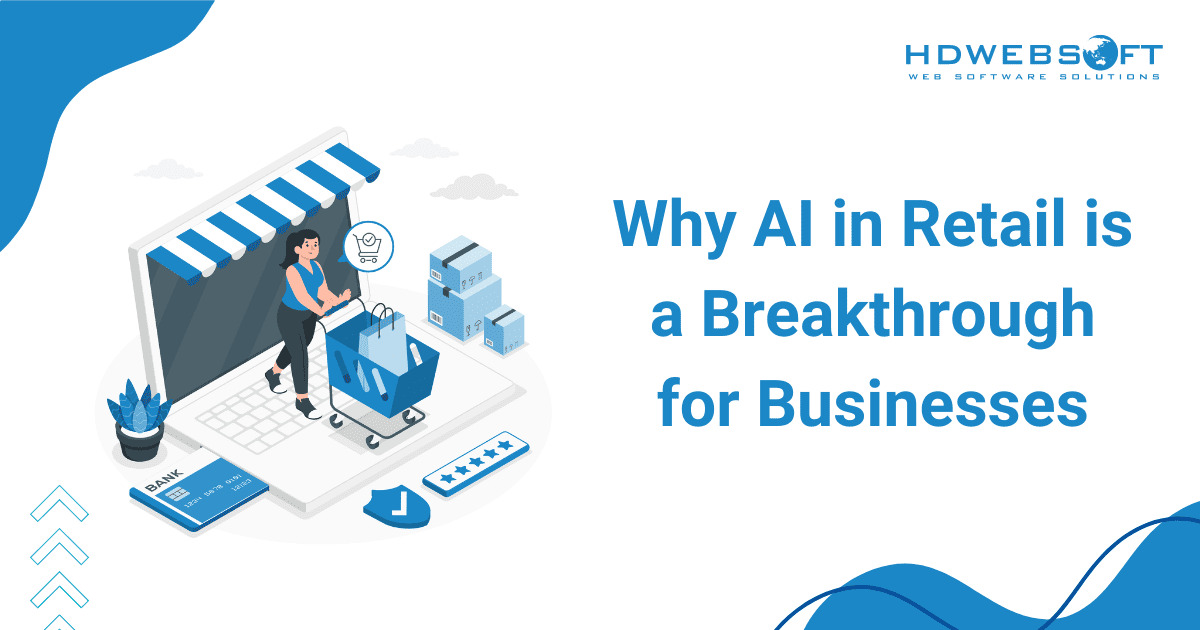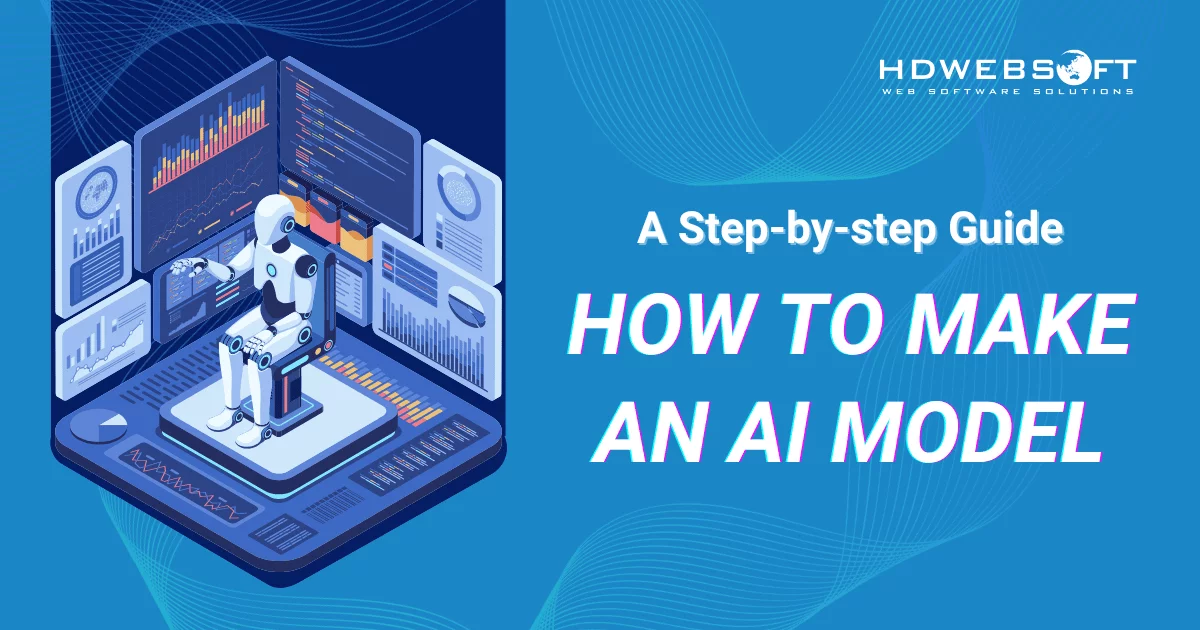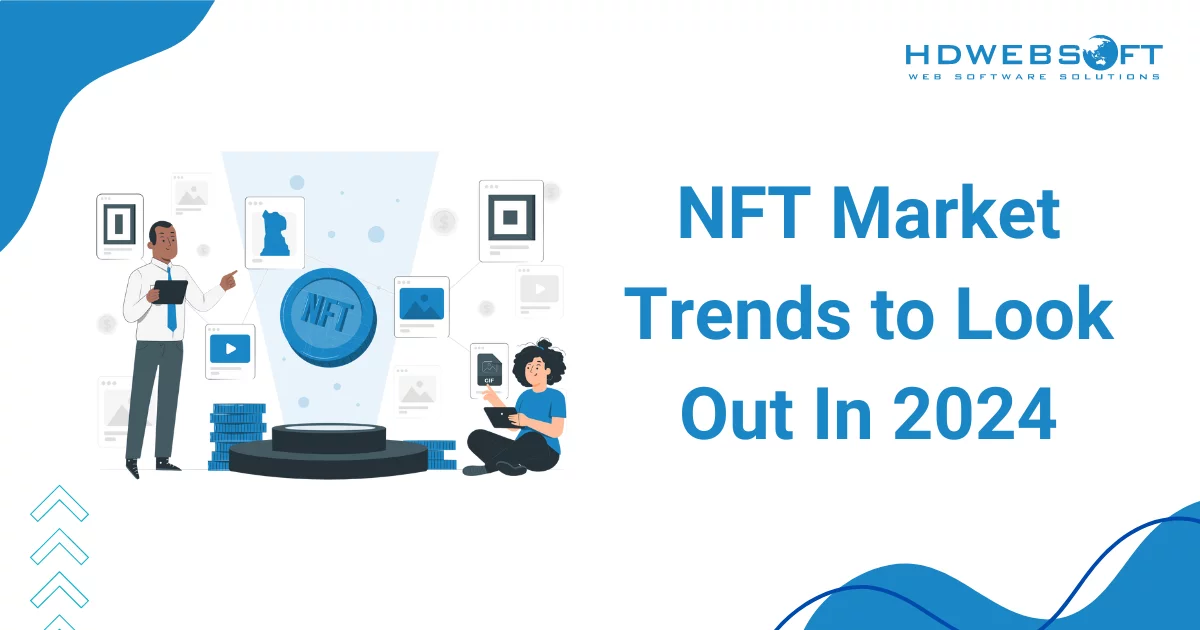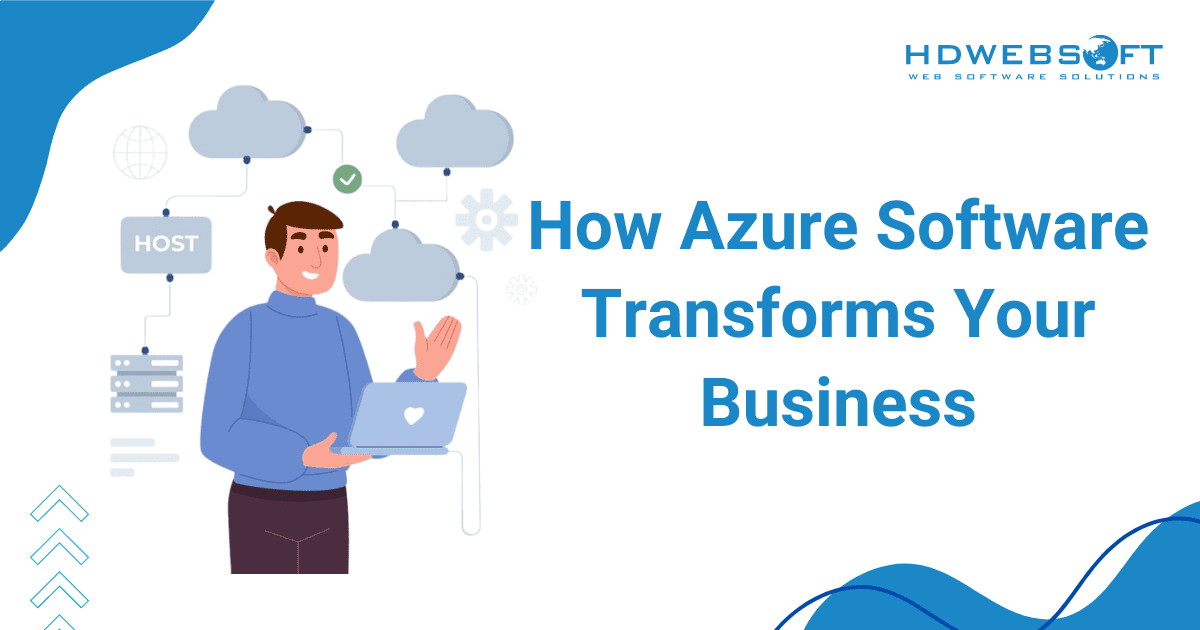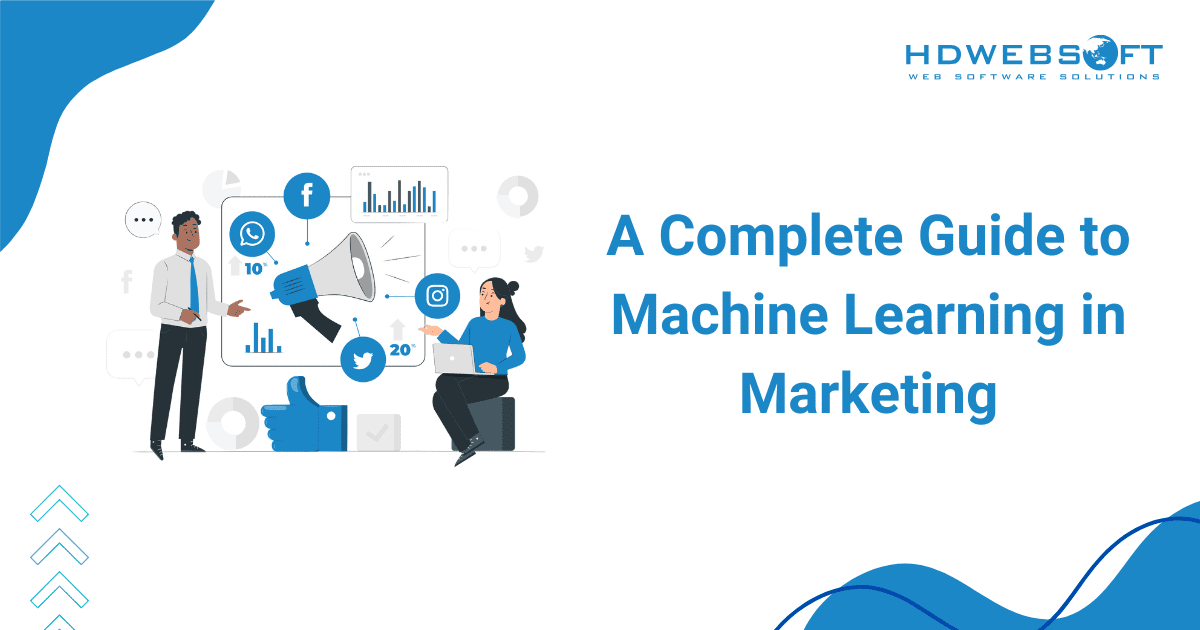
A Complete Guide to Machine Learning in Marketing
Machine learning in marketing is revolutionizing how businesses connect with customers in today’s fast-paced digital era. As technology rapidly evolves, it introduces innovative tools that enable companies to stand out and adapt to changing market demands. By leveraging user data, machine learning helps predict behaviors, personalize customer experiences, and improve campaign performance.
But what makes machine learning so powerful in marketing, and how can it address its challenges? Let’s explore this transformative technology in greater detail.
- 1) The State of AI and Machine Learning in Marketing
- 2) What Insights Can Be Gained From Analyzing User Behavior Data?
- 3) Why Machine Learning Is Effective In Marketing
- 4) The Applications of Machine Learning in Marketing
- 5) The Challenges of Machine Learning Adoption in Marketing
- 6) A Few Last Words…
The State of AI and Machine Learning in Marketing
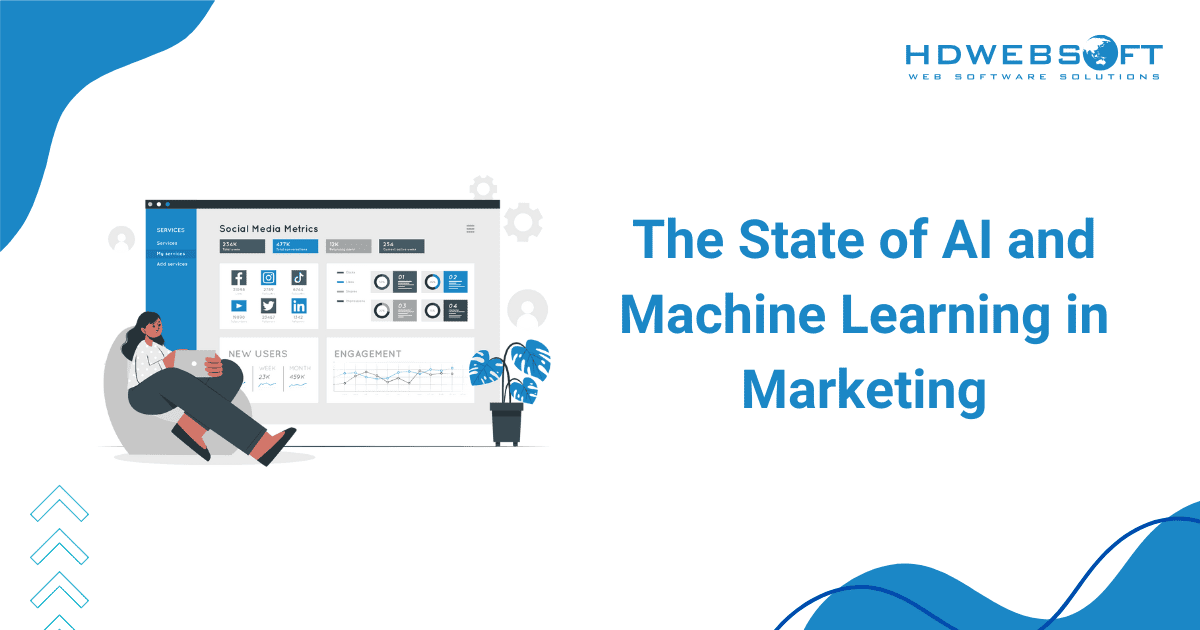
The integration of AI and machine learning in marketing has quickly transformed from being an innovative concept to an essential practice for businesses striving to stay competitive. Recent projections show that the global market for AI in marketing is set to expand at an impressive CAGR of 25% between 2025 and 2030. Expectantly, this growth underscores the increasing reliance on AI-driven tools to optimize campaigns and improve customer engagement.
A survey highlights that 66% of marketers consider AI critically vital to their marketing efforts in the coming year. Furthermore, 70% of professionals in this field have already established a clear AI strategy. We all know that numbers don’t lie, and these statistics have showcased the growing trust in this technology’s potential.
Looking ahead, AI and machine learning are poised to reshape daily workflows. Approximately 78% of marketers plan to automate over a quarter of their tasks intelligently. As can be seen, these technologies are creating new opportunities to enhance efficiency and deliver personalized customer experiences.
As adoption continues to rise, machine learning in marketing will remain a cornerstone of innovation. This technology empowers businesses to connect with audiences smarter and more impactfully, driving meaningful engagement and results.
What Insights Can Be Gained From Analyzing User Behavior Data?
Digital marketers leverage machine learning algorithms to uncover trends in user interactions with websites. This allows them to anticipate future user behavior and refine advertising campaigns to maximize effectiveness.
In psychological terms, a pattern refers to a specific set of behaviors or a common sequence of actions. This concept is relevant to any situation where people follow established routines or templates.
A Small Example
A prime example of a pattern in the digital realm is user interaction with website pop-ups. When presented with an unwanted pop-up, users generally employ one of the following strategies to dismiss it:
- Clicking the “X” icon
- Selecting the “No thank you” option
- Clicking anywhere on the page outside the pop-up

Besides the three actions a user can take, the pop-up will automatically disappear after a fixed time.
Therefore, there are four potential user behaviors:
- Clicking the “X” button
- Clicking “No thank you”
- Clicking past the pop-up
- Letting the pop-up time out after 5 seconds
When we gather extensive user data, we gain the ability to predict future behavior. Machine learning in marketing empowers us to extract meaningful insights from vast amounts of user data. By analyzing behavioral patterns, we can make educated predictions and enhance our understanding of user preferences.
Why Machine Learning Is Effective In Marketing
Machine learning plays a key role in marketing by enabling fast, data-driven decision-making. Traditionally, marketers follow a cycle of creating hypotheses, testing them, evaluating outcomes, and analyzing results. However, this process is time-consuming, resource-intensive, and often prone to errors, especially as data evolves in real-time.
The sheer volume of information generated every minute is far beyond what a human can process. On the other hand, ML systems can handle massive amounts of data, analyze it quickly, and deliver clear, actionable insights. It’ll help save time and improve accuracy.
Let’s explore the main benefits of marketing AI.
Automating Repetitive Tasks
One of the greatest strengths of machine learning in marketing is its ability to automate mundane, repetitive tasks. Tasks like sorting customer data, segmenting audiences, and running A/B tests can now be handled by machine learning algorithms. With that in mind, marketers are freed up to focus on strategic decision-making rather than doing repetitive daily tasks.
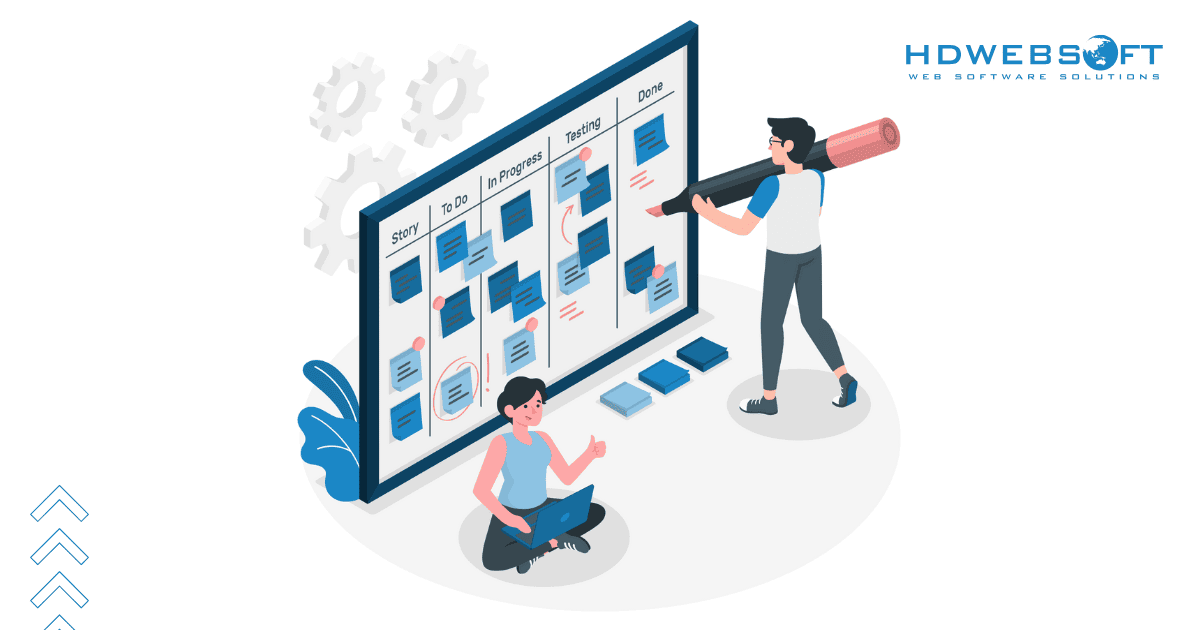
Repetitive daily tasks are no longer boring work thanks to machine learning in marketing.
For instance, machine learning tools can instantly analyze the performance of hundreds of ad variations. Based on this analysis, they can determine which ones are most likely to yield the highest return. This level of automation not only saves time but also minimizes human error.
Personalization at Scale
Consumers today expect personalized experiences. They want to feel that a brand truly understands their preferences, needs, and desires. This is where ML algorithms excel.
It allows businesses to deliver tailored content and recommendations at scale. By analyzing customer behavior and past interactions, machine learning in marketing can predict what products or services a customer is most likely to buy. Namely, streaming platforms like Netflix and Spotify use AI to recommend movies, shows, or songs that perfectly match individual tastes.
Predictive Analytics for Smarter Decisions
Predictive analytics is another area where machine learning shines. By identifying trends in consumer behavior, businesses can forecast future outcomes and make data-driven decisions.
For instance, a retailer can use AI predictive models to determine the most effective timing for launching a marketing campaign. As a result, it resonates with the target audience. This forward-looking approach empowers companies to stay one step ahead of their competitors.
Dynamic Adaptability
Unlike traditional marketing strategies, machine learning models are not static. They continuously learn and adapt based on new data, making them incredibly flexible in changing market conditions.
If there is a sudden trend emerges on social media, machine learning can quickly adjust ad placements or content strategies to capitalize on the buzz. This agility enables businesses to remain relevant and responsive in a fast-paced digital landscape.
Enhancing Customer Engagement
Another key reason why machine learning in marketing is so effective lies in its ability to foster deeper customer engagement. Chatbots powered by machine learning, for example, provide instant responses to queries, creating a seamless customer service experience. Similarly, email marketing platforms use machine learning to optimize subject lines, send times, and content for maximum engagement.
The Applications of Machine Learning in Marketing
In today’s digital world, marketing requires precision, adaptability, and insight. AI marketing enables this by processing vast data to uncover actionable insights, transforming how businesses engage and retain customers. Below are the key applications of this game-changing technology in the marketing realm.
Customer Lifetime Value (CLV) Prediction
One of the most valuable contributions of marketing AI is the ability to predict customer lifetime value. To explain, CLV measures the total revenue a business can expect from a customer throughout their relationship with the brand.
Machine learning in marketing analyzes data such as purchasing history, transaction frequency, and customer engagement to estimate future spending patterns. With this information, businesses can focus their efforts on high-value customers, ensuring better ROI while designing tailored retention strategies.
Sales Forecasting
Accurately predicting sales is crucial for effective resource planning and decision-making. Machine learning enables marketers to analyze past sales data, seasonal trends, and market conditions to create accurate forecasts.
In particular, an e-commerce business can use machine learning to predict holiday season sales and adjust inventory levels accordingly. This not only helps in meeting demand but also minimizes overstocking or understocking issues.
Churn Rate Forecasting
Customer churn is a significant challenge for businesses. However, machine learning provides a way to mitigate it.
ML prediction models can predict which customers are at risk of leaving by analyzing behavioral patterns, feedback, and purchasing habits. Marketers can then proactively engage these customers through personalized offers, targeted messages, or loyalty programs. Ultimately, churn rates will be reduced, and customer retention will be boosted.
Customer Segmentation
Next, machine learning in marketing can take customer segmentation to the next level. As we all know, it’s important to create targeted marketing campaigns and make sure they target the right customer groups.
Instead of relying on basic demographic information, machine learning algorithms analyze behavioral, psychographic, and transactional data to identify granular customer segments. Resultantly, this allows businesses to craft hyper-personalized campaigns that resonate with specific audience groups, driving higher engagement and conversions.
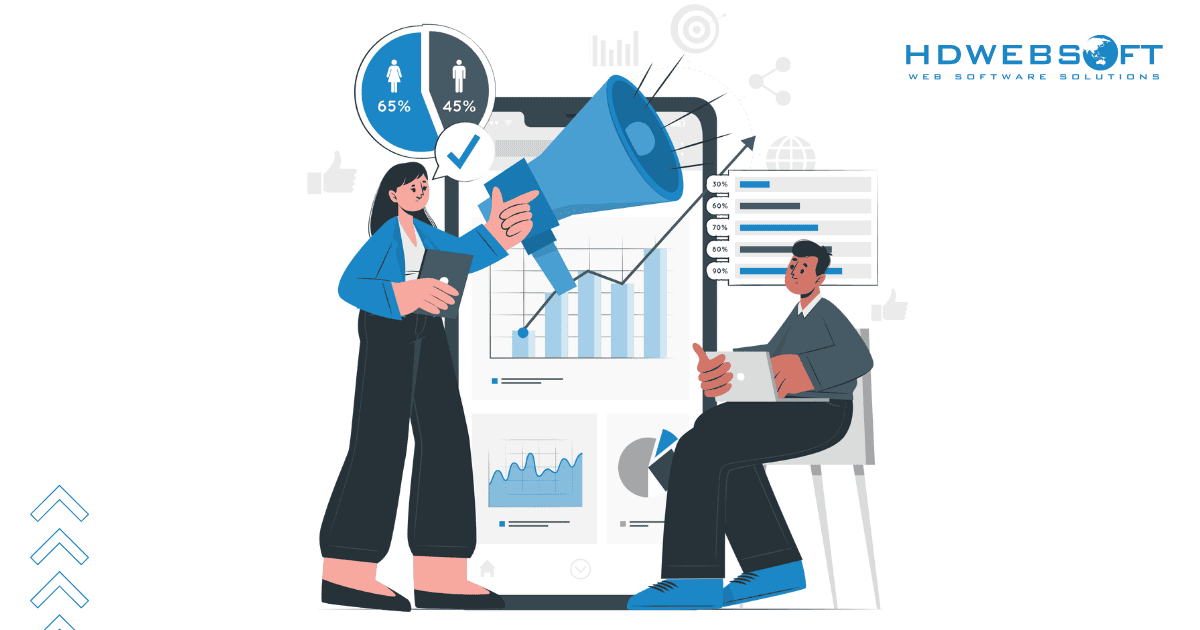
Machine learning in marketing goes beyond basic demographic information.
Predictive Analytics
Modern marketing relies heavily on predictive analytics as a cornerstone for its success. With AI and ML technologies, businesses can anticipate customer needs, forecast trends, and identify opportunities for growth.
To illustrate, an e-commerce company can analyze historical data to predict which products are likely to become popular. Using this insight, they can recommend these items to customers even before they actively search for them, enhancing the shopping experience. Consequently, this proactive approach enhances customer satisfaction and drives repeat purchases.
Take a look at 6 Applications of Machine Learning in Manufacturing.
Ad Targeting
Effective ad targeting is critical for maximizing marketing budgets, and machine learning in marketing excels in this area. ML algorithms analyze user data, browsing history, and online behavior to ensure that ads reach the right audience at the right time. Platforms like Google and Facebook leverage this technology to optimize ad placements, helping businesses achieve better click-through rates and conversions.
Sentiment Analysis
Understanding customer sentiment is vital for maintaining a positive brand image. Machine learning-powered sentiment analysis tools can evaluate customer feedback, social media posts, and reviews to gauge public opinion about a brand or product. By incorporating AI text analysis, these tools can identify patterns, extract key themes, and determine the tone behind vast amounts of text data. This real-time insight allows marketers to address negative sentiments quickly and capitalize on positive trends, fostering stronger customer relationships.

Website Content Optimization
Creating an engaging website experience is crucial for capturing and retaining customers. The machine learning models for marketing analyze user interactions to recommend optimizations for website content. These can include many kinds of parameters, such as time spent on pages, clicks, and bounce rates,
Attribution Modeling
Last but not least, attribution modeling helps marketers understand which touchpoints in the customer journey contribute the most to conversions. Machine learning in marketing simplifies this process by analyzing vast amounts of data. In this case, it assigns appropriate credit to each channel, whether it’s social media, email marketing, or paid ads.
This insight helps businesses to allocate their marketing budgets more effectively and refine their strategies for maximum impact.
Further reading: The Insights to Machine Learning in Business Operations.
The Challenges of Machine Learning Adoption in Marketing
The integration of machine learning algorithms in marketing promises immense benefits, but adopting this technology is not without its challenges. Businesses often face hurdles that can slow down or complicate their efforts to fully leverage the potential of AI. Below, we explore five key challenges marketers encounter when implementing this advanced technology.
Data Quality and Accessibility
Machine learning relies heavily on data, making its quality and accessibility paramount. However, many organizations struggle with fragmented, inconsistent, or incomplete data, which can lead to inaccurate predictions and insights.
Furthermore, accessing customer data often involves navigating privacy regulations and ethical considerations, adding another layer of complexity. Without clean, well-structured, and comprehensive data, the effectiveness of machine learning models diminishes significantly.
Read more: Why Ethical AI is Important in Business Operations.
Lack of Expertise
Another pressing challenge is the shortage of skilled professionals who can implement and manage machine learning systems.
Developing, training, and optimizing machine learning in marketing algorithms requires expertise in data science, programming, and analytics. These are specialized skills that are often in short supply within marketing teams, making the process more challenging.
This knowledge gap forces companies to either upskill their workforce or rely on external consultants. However, both of the options can be pretty costly and time-consuming.
The Black Box Problem
Machine learning models, especially complex ones like neural networks, often function as “black boxes.” Therefore, it becomes challenging to understand how they arrive at specific conclusions or predictions.
For marketers, this lack of transparency can be frustrating. This is because it limits their ability to explain or justify decisions based on ML insights. Furthermore, the inability to fully interpret these models can lead to a lack of trust. Ultimately, it reduces the willingness to rely on their outputs.
High Costs of Implementation
The adoption of machine learning in marketing requires significant investment in both technology and infrastructure. From purchasing software and tools to hiring experts and maintaining systems, the costs can quickly add up. For smaller businesses, these financial barriers may prevent them from adopting machine learning altogether. For that reason, they are left at a disadvantage compared to larger competitors.

Integrating new technologies, especially advanced one like machine learning in marketing, can always be costly.
Integration with Existing Systems
Many organizations find it challenging to integrate machine learning tools with their existing marketing platforms and workflows. Compatibility issues can result in delays, inefficiencies, or additional expenses for system upgrades.
Without smooth integration, the full potential of machine learning algorithms in marketing cannot be realized. Hence, this becomes a significant hurdle for businesses.
A Few Last Words…
The journey of machine learning in marketing is one of continuous evolution. By offering unparalleled insights and efficiencies, it has reshaped how businesses approach their customers. While challenges exist, the benefits far outweigh the limitations, making it a crucial component of modern marketing strategies.
As machine learning continues to advance, its potential applications will only grow, promising a future where marketing is not only smarter but also more human-centric. To fully harness these advancements, having the right marketing software is essential. Here’s why:
- Streamlined Processes: Automated data analysis and predictive modeling help optimize marketing efforts.
- Personalized Experiences: Tailor content and campaigns to individual customer needs.
- Enhanced Decision-Making: Gain deeper insights and make more informed decisions.
- Scalability: Adapt and grow with the ever-evolving market demands.
HDWEBSOFT can be your trusted partner in developing custom marketing software that empowers your business to stay ahead of the curve. Let’s build the future of marketing together.




